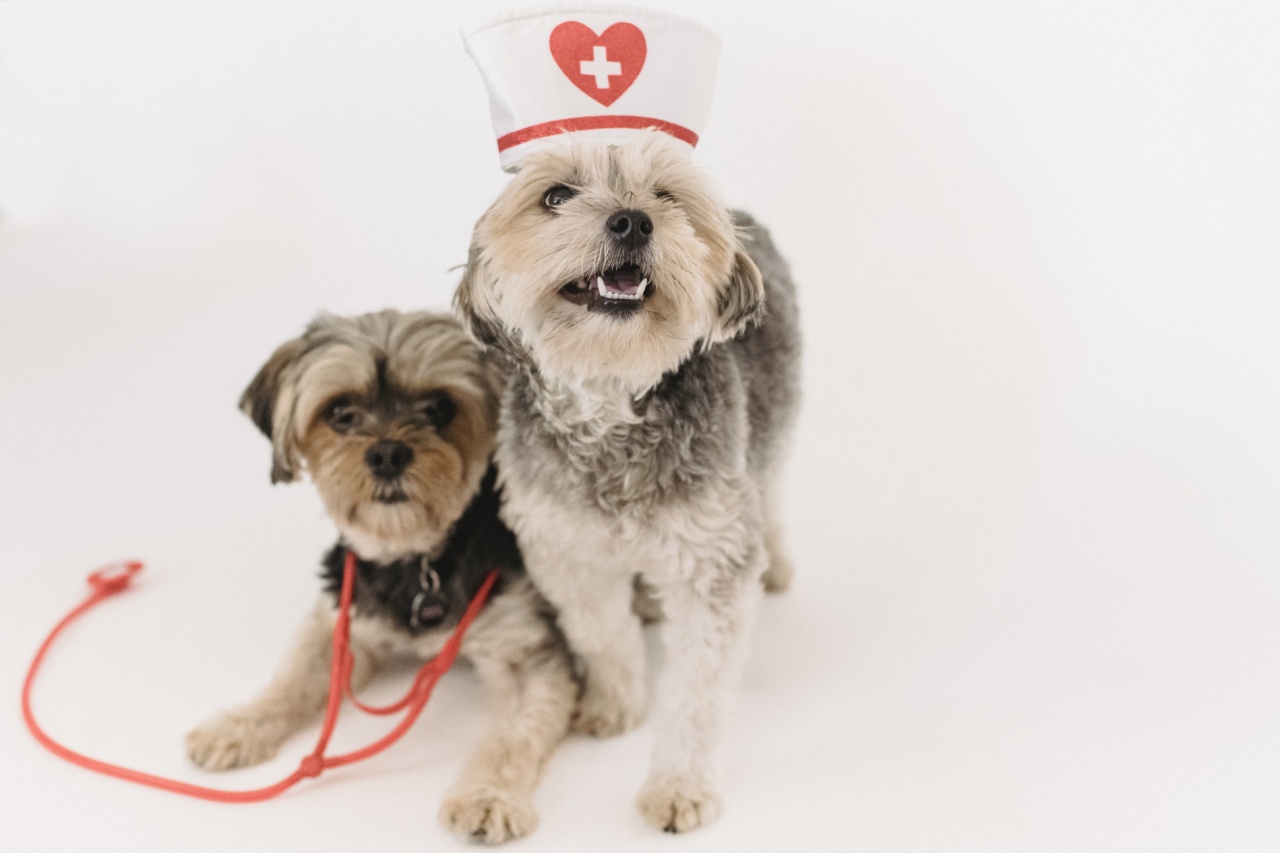The holiday season is over and everyone is catching their breaths- human or furry! You’ve probably spent countless hours planning, cooking, and decorating, to make sure everyone’s happy and comfortable during the holidays.
In all that holiday spirit, it can be easy to overlook basic pet health screening for your furry best friend. Whether you realize it or not, the holidays can take a significant toll on your dog’s health, so take some time to give your dog the care it needs after the holiday season.
Why Basic Veterinary Screening for Dogs is Important
Pets are beloved members of our families and it is our responsibility to ensure they are healthy and happy. Basic veterinary screening for dogs is an essential part of keeping our pets healthy.
By conducting routine checkups on our dogs, we can detect potential health issues before they become major problems. Veterinary screening not only saves you money in the long run but also prolongs the life of your furry companion.
What is Basic Veterinary Screening?
Basic veterinary screening refers to a series of simple medical checkups and tests that are carried out routinely. Basic health screening can detect early stages of disease.
It also provides a baseline for your dog’s overall health status, which can be used for future comparisons. The following tests should be conducted during a basic veterinary checkup:.
Dental Exam
The first thing that is checked in a basic veterinary screening for dogs is their dental health. Dental health is vital to your dog’s overall health.
Bad breath, bleeding gums, plaque buildup, and other gum diseases can lead to organ damage and significantly reduce your dog’s life span. The vet will check for any dental irregularities, including bleeding gums, inflammation, and loose or missing teeth. They will also use imaging technology to investigate any other dental health issues.
Eye Exam
Dogs are prone to eye infections, and regular veterinary screening ensures their optical health is in optimal condition. A vet will check the eyes for discharge, dryness, and infection, among other things.
Eye screening is crucial for detecting common eye disorders, including cataracts and glaucoma, which can significantly affect your dog’s vision and overall wellbeing.
Skin Exam
A skin checkup will help you detect parasites such as ticks, fleas, and mites. Some parasites can pose a substantial health risk to your pet, placing your pet at risk of getting diseases such as Lyme disease or Rocky Mountain spotted fever.
A skin checkup also detects rashes, lumps, or abrasions on your pet’s body, which could indicate serious health problems such as allergies, infections, or cancer.
Physical Exam
A physical exam will check the overall health of your furry friend, from observing weight to checking the condition of the fur.
The veterinary also assesses muscle strength and tests joint flexibility, which is essential for dogs with a high activity level. The veterinary will note any concerns that they may have and work to treat or prevent any underlying medical issues.
Blood Work
Blood work is essential in detecting underlying illnesses, especially during routine checkups. Blood work acts as a baseline for your pet’s overall health and a yardstick of health changes as your pet ages.
Basic blood work helps detect numerous diseases such as liver disease, kidney disease, diabetes as well as anemia. Bloodwork plays a role in the early screening and detection of cancer cells or infections.
Fecal Exam
Feces examination is a diagnostic test for detecting abnormal microorganisms, including bacteria, protozoa, and viruses in your dog’s digestive tract. This test helps in the early detection of diseases such as parvovirus, Giardia, and hookworms.
Vaccinations
Vaccinations help ward off infections and offer immunity. During a basic veterinary screening, the vet will check your dog’s vaccination history and offer any necessary vaccines.
Vaccinations help keep your pet and family safe from diseases that can be passed on from animals to people, such as rabies and leptospirosis.
Urinalysis
Urinalysis is a basic veterinary screening test to check for kidney infection, diabetes, or bladder stones.
Kidney disease is a common ailment in dogs over the age of seven, and urinalysis can detect if your dog is at risk of getting this disease, allowing for preventive measures to be taken earlier on.
Conclusion
Veterinary screening is the best way to ensure your dog’s good health. Regular routine checkups can find and treat any underlying medical issues before they become serious. A healthy dog is a happy dog, and a happy pet means a happy owner.
Do not forget to include basic veterinary screening in your list of priorities after the holiday season.






























